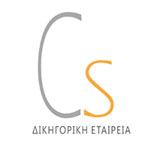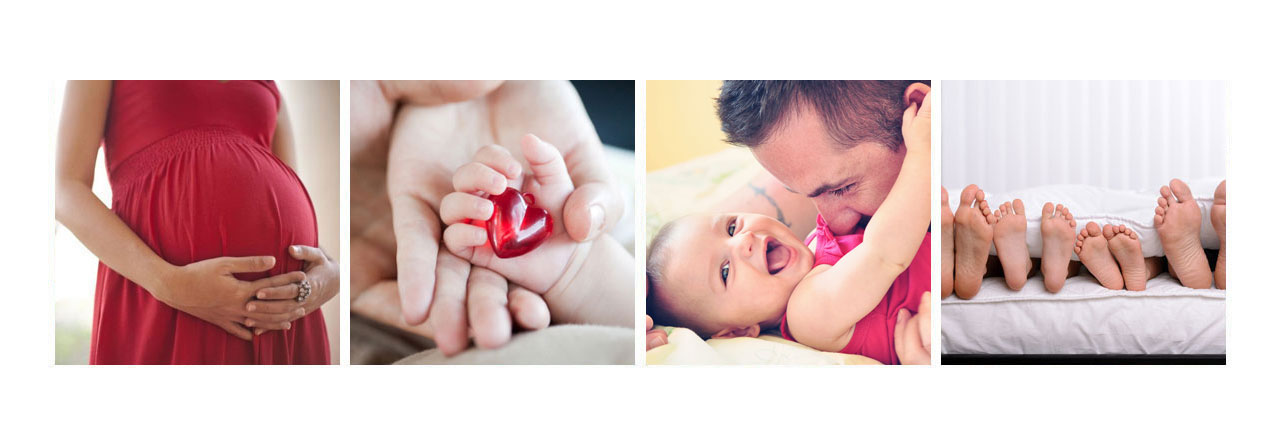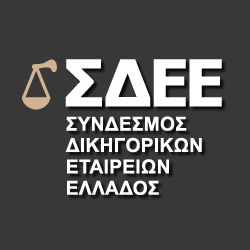Family Law – Chapter for Greece by Haroula Constandinidou and Konstantinos Stavropoulos, Sixth edition 2023, Family Global Guide, Thomson Reuters
Family law in Greece: overview
Resource type: Country Q&A
Status: Law stated as at 01-November-2020
Jurisdiction: Greece
A Q&A guide to family law in Greece.
The Q&A gives a high level overview of key issues including jurisdiction and conflict of law; pre- and post-nuptial agreements; divorce, nullity, and judicial separation; children; surrogacy and adoption; cohabitation; family dispute resolution; civil partnership/same-sex marriage; and controversial areas and reform.
To compare answers across multiple jurisdictions visit the Family Country Q&A tool.
This Q&A is part of the global guide to Family law. This contribution, in its original form, first appeared in Family Law (2nd edition), General Editor James Stewart of Penningtons Manches LLP. Family Law was published in association with the International Academy of Matrimonial Lawyers.
Contents
Jurisdiction and conflict of law, Regulatory framework, Jurisdiction, Domicile and habitual residence, Conflict of law, Pre- and post-nuptial agreements, Validity of pre- and post-nuptial agreements, Divorce, nullity and judicial separation, Recognition of foreign marriages/divorces, Divorce, Finances/capital and property, Finances/Spousal Maintenance, Child maintenance, Reciprocal enforcement of financial orders, Financial relief after foreign divorce proceedings, Children, Custody/parental responsibility, International abduction, Legal Aid, Leave to remove/applications to take a child out of the jurisdiction, Surrogacy and adoption, Surrogacy agreements, Adoption, Cohabitation, Family dispute resolution, Mediation, collaborative law and arbitration, Civil partnership/same-sex marriage, Media Access and Transparency, Succession Rights on Divorce/Dissolution, Controversial areas and reform
Contributor profiles
Haroula Constandinidou-Stavropoulou, Senior Partner
Konstantinos Stavropoulos, Partner





